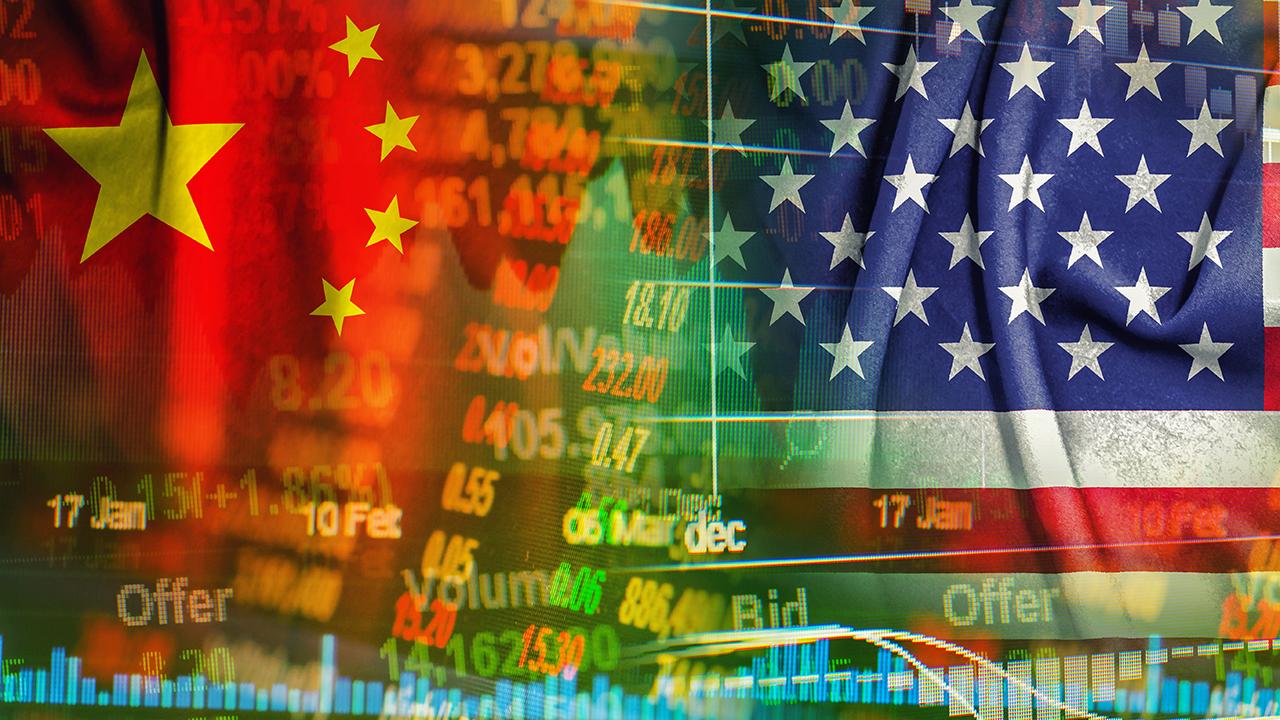Tariffs aren’t only way to solve problems with China, NRF’s David French says
Retailers are pleading with U.S. trade representatives in a frantic bid to stop the Trump administration from slapping new 25 percent tariffs on an additional $300 billion worth of Chinese goods.
The new tariffs would affect 3,800 items -- from mobile phones and laptops to clothing, footwear and toys -- as hundreds of American firms sound off to the International Trade Commission in Washington D.C. about the economic impact such a decision would have.
“We believe this goal can be achieved without taxing Americans …Tariffs are taxes paid directly by U.S. companies, not China,” the National Retail Federation wrote in a letter Thursday, urging President Trump to end the trade war with China.
NRF Government Relations Senior Vice President David French told FOX Business’ Liz Claman during an interview on "Countdown to the Closing Bell" that the majority of retailers testifying in the nation’s capital are emphasizing the pain tariffs invoke on U.S. consumers and businesses.
“Tariffs are not the only answer in solving the problems with China,” he said on Monday.
The Trump administration will be conducting hearings for a week followed by rebuttals as the president continues to press on his intentions of imposing tariffs. The U.S. economy continues to strengthen while the Chinese economy appears to be weakening amid the trade dispute.
While French said a trade war with China is an important battle that must be fought, he suggested America partner with its trade allies instead of using tariffs as leverage against Beijing.
“We should have allies around the world focus on solving this problem in China,” he said. “Instead, they’re getting access to the Chinese markets that we’re giving up.”
CLICK HERE TO GET THE FOX BUSINESS APP
The NRF projects an estimated 2 million jobs are at stake if Trump continues forward with the next set of tariffs on Chinese goods. These consequences, French said, will cause an average American family of four to pay $2,300 in higher costs.
“The American consumer and American businesses will cry uncle before the Chinese do,” he said.




















